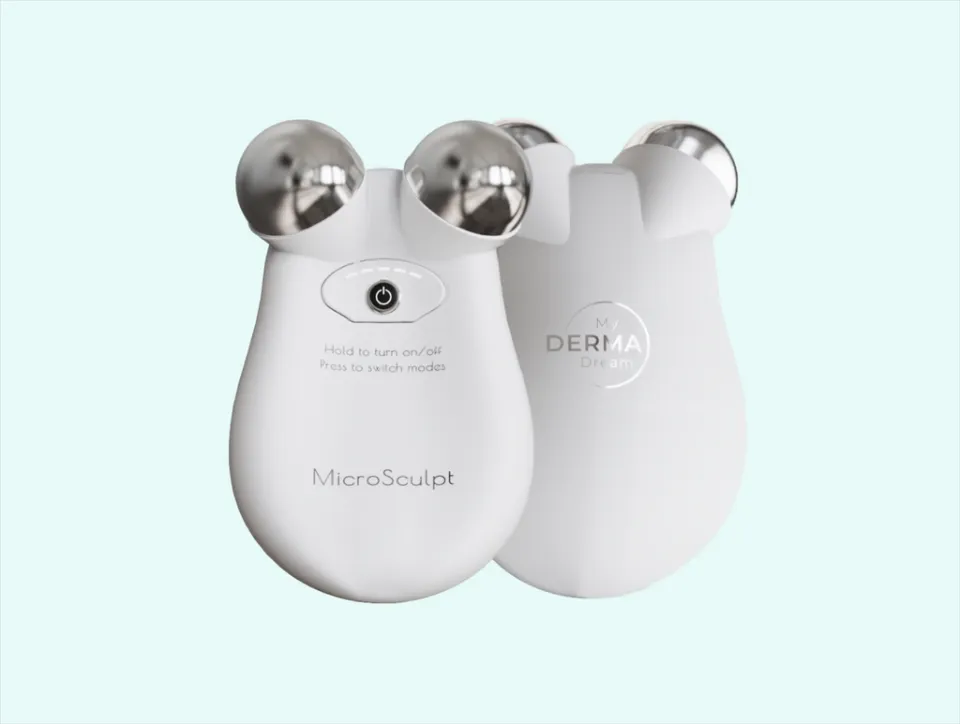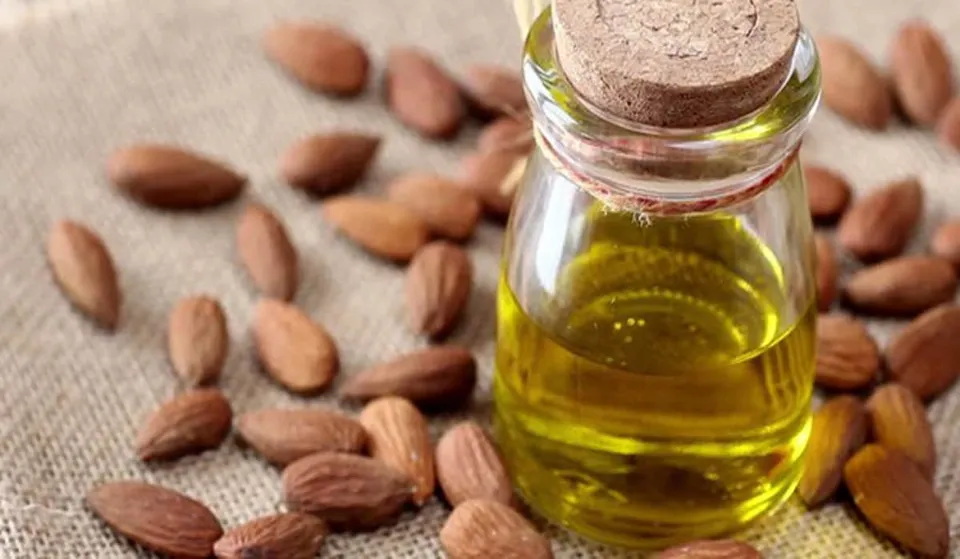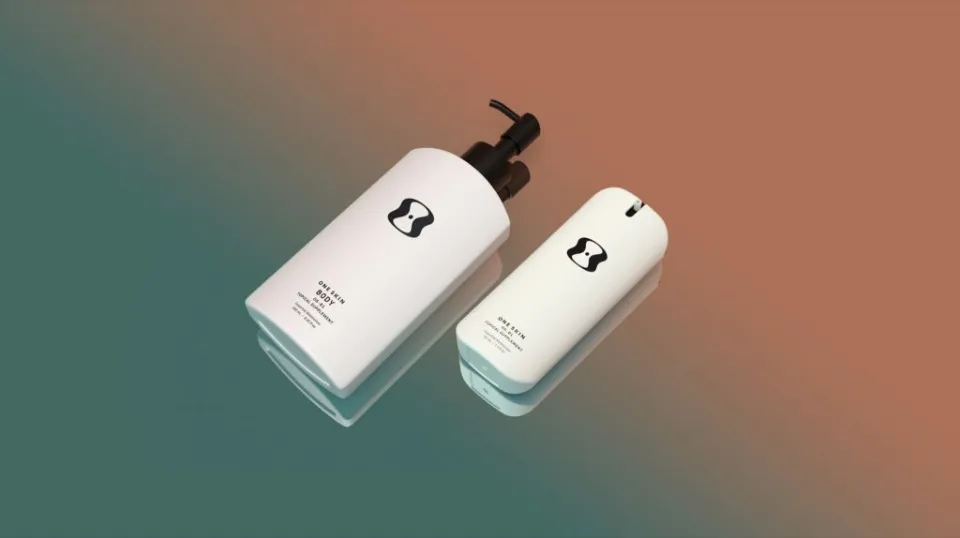With so many types of facial masks on the market, it can be hard to know which ones are effective and which ones work best for your skin type. To assist you, we have compiled and reviewed the relevant research.
Everyone can indulge in masking, which is the ideal skincare procedure. There is a face mask for every skincare issue.
let’s take a look at some of the different types of masks that exist and how each can help your skin look its best.
What Are Facial Masks?
To address specific skin care issues, face masks are a great addition to any skincare regimen.
Masks can provide a soothing, spa-like experience at home while helping to hydrate skin, eliminate excess oils, and improve the look of pores.
How Do Facial Masks Work?

Face masks are occlusive, which means they cover the skin while delivering beneficial ingredients to enhance the skin’s appearance or quality.
To avoid covering dirt and bacteria with a face mask, always apply a face mask to clean, dry skin.
Related Post: Are Face Masks Good for Your Skin?
Different Types of Facial Masks
We’re covering some of the different types of face masks to show you what the world of masking has to offer.
Sleep Masks
A sleep mask is typically a hydrating mask that you wear all night to give your skin extra nutrition. Leaving the mask on for a longer time gives the ingredients more time to work.
In order to prevent them from leaving a greasy residue on your pillowcase, sleep masks frequently have a lighter texture. Depending on how dry your skin is, use them as the final step of your evening routine or even in place of a night moisturizer.
Brightening Masks
Anyone with dry, dull skin, skin discoloration, or an uneven skin tone will benefit from using a brightening mask.
Powerful brightening components like arbutin, vitamin C, bearberry extract, and niacinamide should all be present in a good mask in this category. Your skin will look radiant after using these ingredients to treat uneven skin tone. The Radiance Renewal Mask is a sleep mask that contains a blend of brightening ingredients that will leave your skin plump, radiant and smooth.
Cream Masks

What it says on the tin—a cream mask—is exactly what it is. This cream is a one-time use item that you apply to just-washed skin. Although different ingredients can be used, cream masks are deeply hydrating and ideal for dry skin.
Sheet Masks
Sheet masks are among our preferred cosmetics. They are tissues that contain water-based serums and other ingredients that are good for the skin. Active ingredients like hyaluronic acid are frequently combined with vitamins and herbal extracts. Each sheet mask is created specifically for a given treatment. Cotton, Cupra, microfiber, and Tencel are all used to make sheet masks.
Peel-off Masks
Do you desire a thorough cleaning? A peel off mask is a physical exfoliant that removes dead skin cells and visibly brightens your complexion.
The most well-known type of masking in the world, charcoal peel-off masks help to cleanse and detoxify skin.
Mud/clay Masks
Mud and clay masks are often paired together as they have a thick consistency. They’re one of the oldest forms of face masks and have been used for centuries to repair and rejuvenate skin. Mud acts as a skin-healing agent, while clay is the perfect treatment for oily skin.
Gel Masks
Does itchy, irritated skin seem to be the state of yours? You require a clear gel mask with antioxidant-rich ingredients that hydrate and calm your skin to lessen inflammation and redness.
Scrub Masks
Sometimes, your skin needs a deep exfoliation. Scrub masks are the perfect choice for removing dead skin cells and improving your skin’s texture, especially if you suffer from dry or flaky skin. Typically, scrub masks will contain natural exfoliants like apricot, coffee, seaweed, sugar, and walnut.
Hydrogel Masks
Use a cooling hydrogel mask to revive your skin. These face masks are specifically made to target specific areas, such as your neck or under-eye area. Typically, a water-based formula is used to create the gel texture, which hydrates and calms your skin.
Benefits of Facial Masks
The benefits of a face mask depend on the ingredients they provide. Higher ingredient concentrations can be delivered by masks to hydrate, plump, and balance the skin. For instance, clay masks can help tighten and clarify skin, while hyaluronic acid masks have the added benefit of drawing and retaining moisture.
Polyhydroxy acids, marine extracts, and antioxidants that rehydrate and aid in skin recovery may be added to gel face masks. Hydroxy acids may be present in exfoliating masks to aid in cleaning pores and sloughing off dull dead skin cells. The best mask for your skin type and skin concern should be selected after reading the ingredient labels.
Related Post: How Often Should You Do a Facial Mask?
Final Words on Types of Facial Masks
A face mask is a soothing and enjoyable way to step up your skin care routine, whether you need a little help brightening your skin tone or you need a moisture boost.
We have list nine types of facial masks in this guide, which is your favorite one? Share your thoughts with us and add a comment below.
You Might Also Like:
FAQs
What to Look for in a Face Mask Skincare?
You should always look for products that are hypoallergenic, fragrance free, dye free, and paraben free.
What Are the Disadvantages of Peel Off Mask?
The number one danger of using a peel off mask is contact dermatitis from the chemicals and ingredients in them.
Is It OK to Use Peel Off Mask Everyday?
Because enzymatic, exfoliating, and peel-off formulas are more aggressive than other types of face masks, they should be used sparingly — once per week at most.




